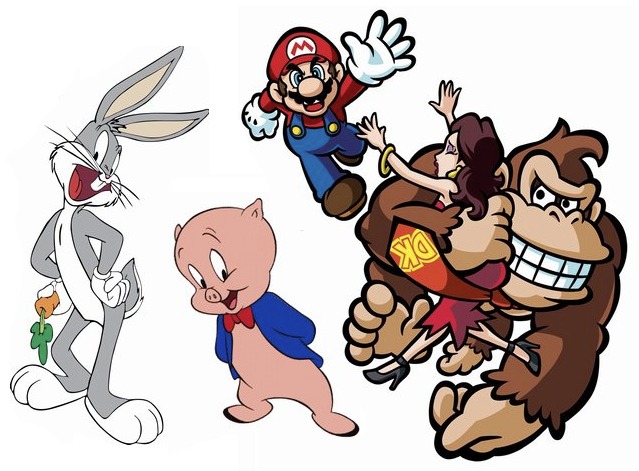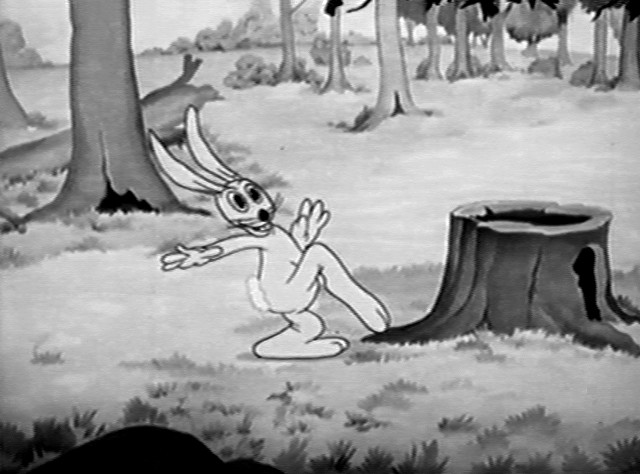 Nintendo’s mascots know how things work in Kyoto.
Nintendo’s mascots know how things work in Kyoto.
It’s not about what you’ve done. It’s about whether your cap has an “M” on it.
As its unabated string of Mario sequels and spin-offs suggests, Nintendo knows who butters the corporate bread. The company has turned to the plumber with unflinching regularity over the years, and while it has sold countless millions of titles by doing so, Nintendo has also taken criticism for neglecting other its properties.
Just ask Pit, Fox McCloud, Captain Falcon, you get the idea.
Business has long revolved around Mario for Nintendo, not to mention the other two parts of its sacred triumvirate’Zelda and Metroid. Before any of them had headlined a single game, however, business revolved around Donkey Kong, the seminal simian who redefined the industry.
Indeed, if Nintendo is the house that Mario built, he used boards chopped by Donkey Kong. Four years before the plumber stomped his first Goomba, the dame-thieving ape catapulted Nintendo to the forefront of the gaming world with his groundbreaking 1981 arcade game, which earned the company $180 million in its first 12 months alone.
Donkey Kong had become the face of video games, but in just a few years, he would be ousted by the once-nameless hero from the game that made Kong a star, a character once part of his supporting cast and a role reversal with similarities to that of another iconic duo.
Warner’s Porky Pig and his successor Bugs Bunny.
 Bugs’ nameless 1938 debut and subsequent rise were eerily similar to Mario’s
Bugs’ nameless 1938 debut and subsequent rise were eerily similar to Mario’s
“Just as Mario began as Jumpman and only resembled the Mario we know and love today in his sprite and basic attributes alone, there was also a nameless rabbit who appeared in some early Porky Pig cartoons,” says David Oxford, scholarly news editor at Kombo.
Indeed, though Bugs Bunny wouldn’t appear in a fully realized form until the great Tex Avery’s 1940 classic A Wild Hare, the rabbit made its debut appearance two years earlier in Porky’s Hare Hunt. Directed by Ben Hardaway’nicknamed Bugs, appropriately’the short cast the rabbit as prey for a hunting Porky and debuted its iconic gag.
“Of course, you know, this means war.”
- 1 2
